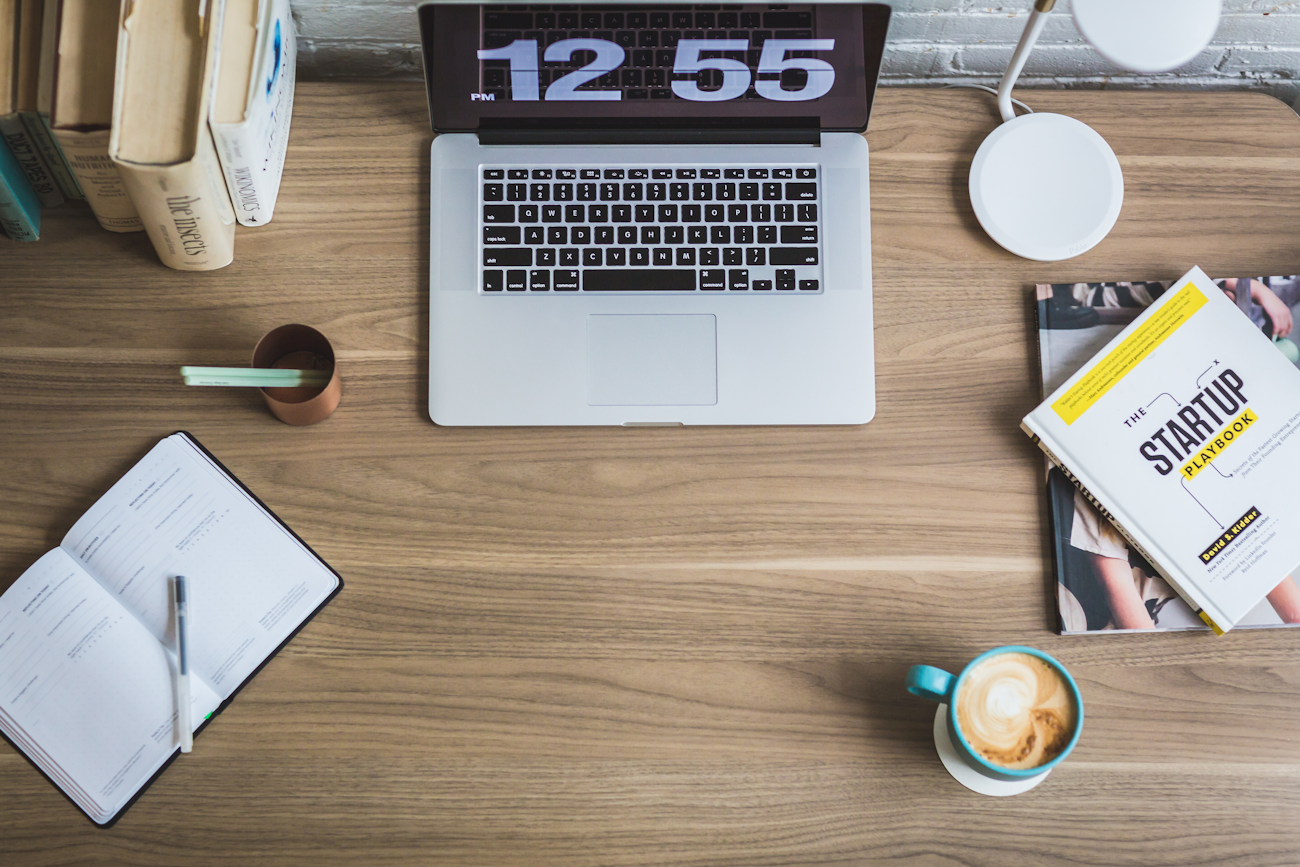Insights
Furniture and Time Management: Setting Up for Efficient Workdays

Time management is a critical skill that can make or break our productivity. From juggling work responsibilities to handling personal tasks and maintaining a work-life balance, effective time management is the key to success. Surprisingly, one often overlooked factor that can significantly impact your time management and productivity is your choice of furniture. Your furniture can play a pivotal role in shaping the way you work, and ultimately, the efficiency of your workdays.
In this blog, we will explore the connection between furniture and time management and provide practical tips on how to set up your workspace for maximum productivity. Whether you work from home or in an office, these insights will help you create an environment that fosters efficiency, focus, and success.

The Impact of Furniture on Productivity
Before we delve into the nitty-gritty of setting up your workspace, let's first understand why furniture matters when it comes to productivity. The choice of furniture affects various aspects of your work environment, such as ergonomics, comfort, organisation, and aesthetics. Here's how each of these factors plays a role in your productivity:
1. Ergonomics
Ergonomics refers to the science of designing furniture and tools to fit the human body's natural movements and postures. When your workspace is ergonomically designed, you experience less physical strain and discomfort, allowing you to focus on your tasks for more extended periods without fatigue. An ergonomic chair, for instance, supports your spine's natural curvature and promotes proper posture, reducing the risk of back pain or other health issues associated with extended sitting.
2. Comfort
Comfort is essential for maintaining concentration and avoiding distractions. An uncomfortable chair or desk can lead to fidgeting, restlessness, and frequent breaks to relieve discomfort, all of which disrupt your workflow. Conversely, comfortable furniture helps you stay seated and engaged in your work for more extended periods.
3. Organisation
Effective time management often depends on having an organised workspace. The right furniture can provide you with ample storage solutions, like drawers and shelves, to keep your workspace clutter-free and your essential tools within easy reach. An organised workspace reduces the time wasted searching for documents or supplies, allowing you to stay on task.
4. Aesthetics
While aesthetics might seem less critical than the previous factors, a visually pleasing workspace can significantly impact your mood and motivation. A well-designed workspace with attractive furniture can create a positive atmosphere that encourages productivity and creativity. It's about more than just looks; it's about creating an environment where you enjoy spending your time.

Setting Up Your Workspace for Efficiency
Now that we understand the importance of furniture in time management and productivity, let's discuss how to set up your workspace for efficiency. Whether you're starting from scratch or looking to make improvements, these tips will help you create a conducive work environment:
1. Invest in Quality Furniture
Quality should always take precedence when choosing furniture for your workspace. While it might be tempting to opt for cheaper options, remember that you'll be spending a significant portion of your day using these pieces. Invest in a comfortable, ergonomic chair that provides ample support for your back and neck. Your desk should be sturdy and spacious enough to accommodate your work materials without feeling cramped.
2. Prioritise Ergonomics
As mentioned earlier, ergonomics is crucial for long-term comfort and productivity. Ensure your chair and desk are adjustable to suit your body's needs. Your computer monitor should be at eye level, and your keyboard and mouse should be positioned to promote a natural wrist and arm position. Don't underestimate the importance of an ergonomic setup; it can prevent a host of health issues down the road.
3. Create a Clean and Organised Space
A cluttered workspace can lead to mental clutter and decreased productivity. Invest in storage solutions like filing cabinets, shelves, and desk organisers to keep your workspace tidy. Develop a habit of decluttering your workspace regularly to maintain an organised environment.
4. Plan for Functionality
Think about the flow of your workspace. Are your essential tools and materials easily accessible? Are there any unnecessary obstacles that impede your movement? Arrange your furniture to create a logical and efficient workflow that aligns with the tasks you need to accomplish.

In Conclusion
In the quest for better time management and productivity, don't overlook the role that furniture plays in shaping your work environment. By investing in quality, ergonomic furniture and setting up your workspace thoughtfully, you can create an environment that enhances your efficiency and focus. Remember, your workspace should be a reflection of your work habits and needs, so take the time to personalise it to suit your preferences.
As you embark on the journey of optimising your workspace, keep in mind that small changes can lead to significant improvements in your daily productivity. Take the time to evaluate your current setup and make adjustments as needed. Contact our expert team today and enjoy more efficient and productive workdays.